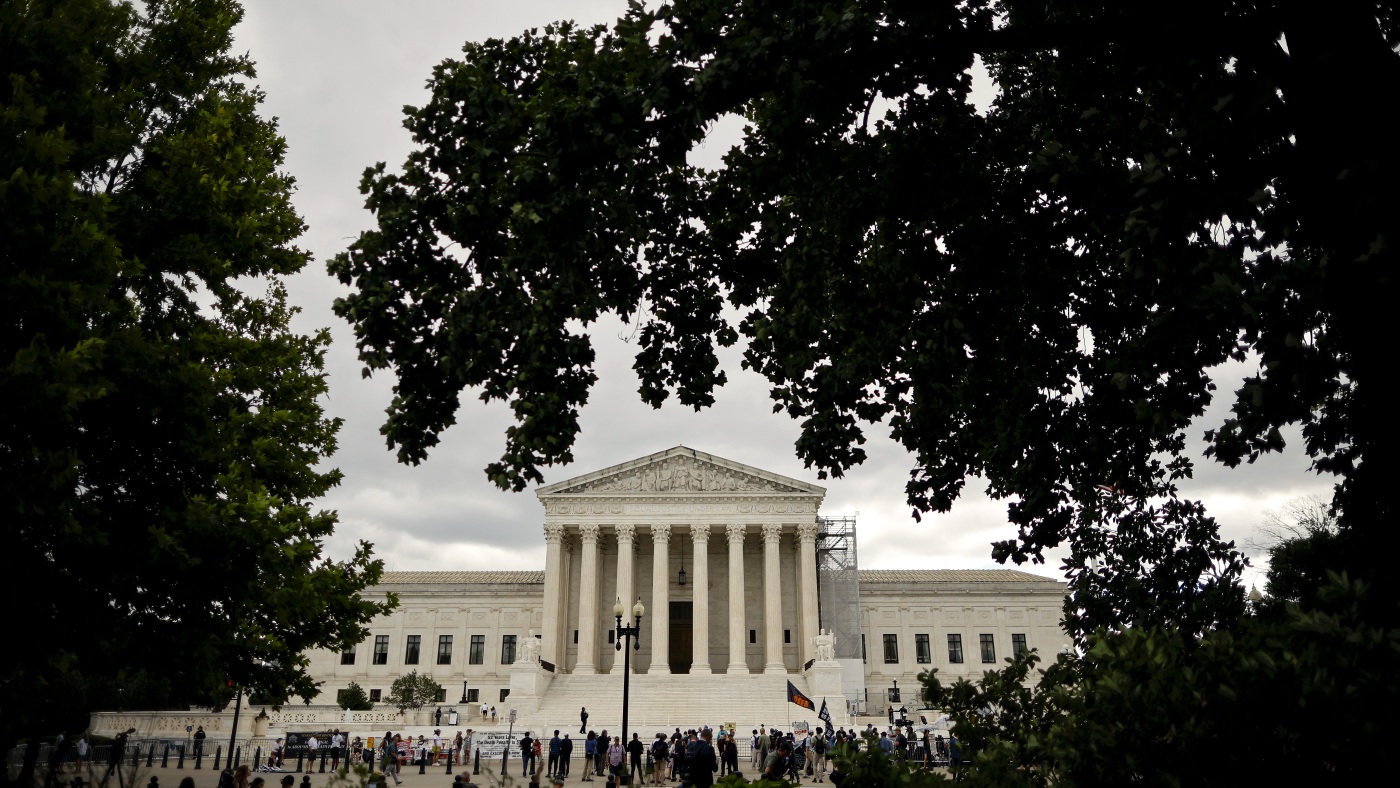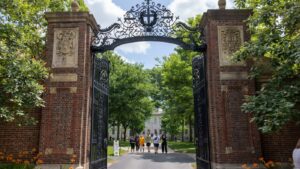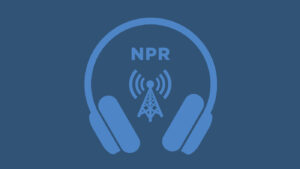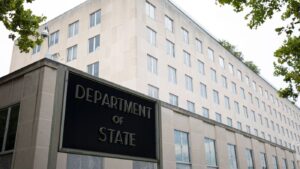The Supreme Court Faces a Cultural Dilemma: School Curriculum vs. Parental Beliefs
As the United States Supreme Court embarks on a significant cultural debate, it faces the challenge of balancing the authority of school boards in determining class content with the rights of parents to exclude their children from classes that clash with their religious beliefs. This comes amid growing tensions over how public education should accommodate religious objections.
The focal point of this legal battle is Montgomery County, Maryland, renowned for its religious diversity. With a student population of 160,000 representing nearly every faith, the introduction of five LGBTQ+ themed storybooks into elementary schools has sparked controversy. The school board’s intention was to foster tolerance and respect for LGBTQ+ students and families, but some parents argue that these materials are incompatible with their religious convictions.
The Family at the Heart of the Controversy
Grace Morrison, one of the plaintiffs against the school board, raises concerns about her daughter with Down syndrome being exposed to LGBTQ+ themes at a young age. Morrison expressed her apprehensions in an interview with NPR, stating, “They are in conflict with our faith. And I also think that’s too heavy for our daughter.”
Initially, the school board permitted parents to opt out of classes featuring LGBTQ+ content. However, the growing number of opt-out requests soon proved unmanageable. The board’s lawyer will argue before the Supreme Court that while opt-outs are feasible for dedicated classes like sex education, doing so for sporadic mentions in storybooks is logistically challenging.
Voices of the Community
Community engagement has been significant, with up to 1,000 individuals attending school board meetings to voice their perspectives. A student named Nick advocated for the inclusion of LGBTQ+ literature, asserting, “We have rights, too. We deserve to have books in our school that teach people about LGBTQ and stuff. It’s not touching you, hurting you physically… I don’t know why you hate it so much.”
Opposing parents argue that the Supreme Court has historically recognized their right to guide their children’s moral values, and that enforcing such educational materials in public schools infringes upon their constitutional right to freely practice their religion. Morrison laments the difficult choice parents face between educating their children and adhering to their faith.
The School Board’s Perspective
Yale law professor Justin Driver and Stanford Law professor emeritus Eugene Volokh support the school board’s stance, emphasizing the traditional role of local school boards in curricular decisions. They argue that the courts have generally deferred to these boards unless coercion into religious beliefs is evident.
Driver contends, “Public school is meant to be for a broad group and some individuals are going to express misgivings about the curriculum decisions. But it has not been the Court’s tradition to permit those individuals to carry the day.”
The case raises broader questions about the extent of parental rights in public education. Eric Baxter, representing the objecting parents, notes that many states allow opt-outs for activities like dissecting frogs in biology, suggesting a precedent for accommodating religious beliefs in education.
As the Supreme Court deliberates, the decision could have far-reaching implications on the interplay between individual rights and public education, particularly under a judiciary increasingly attentive to religious freedoms.






